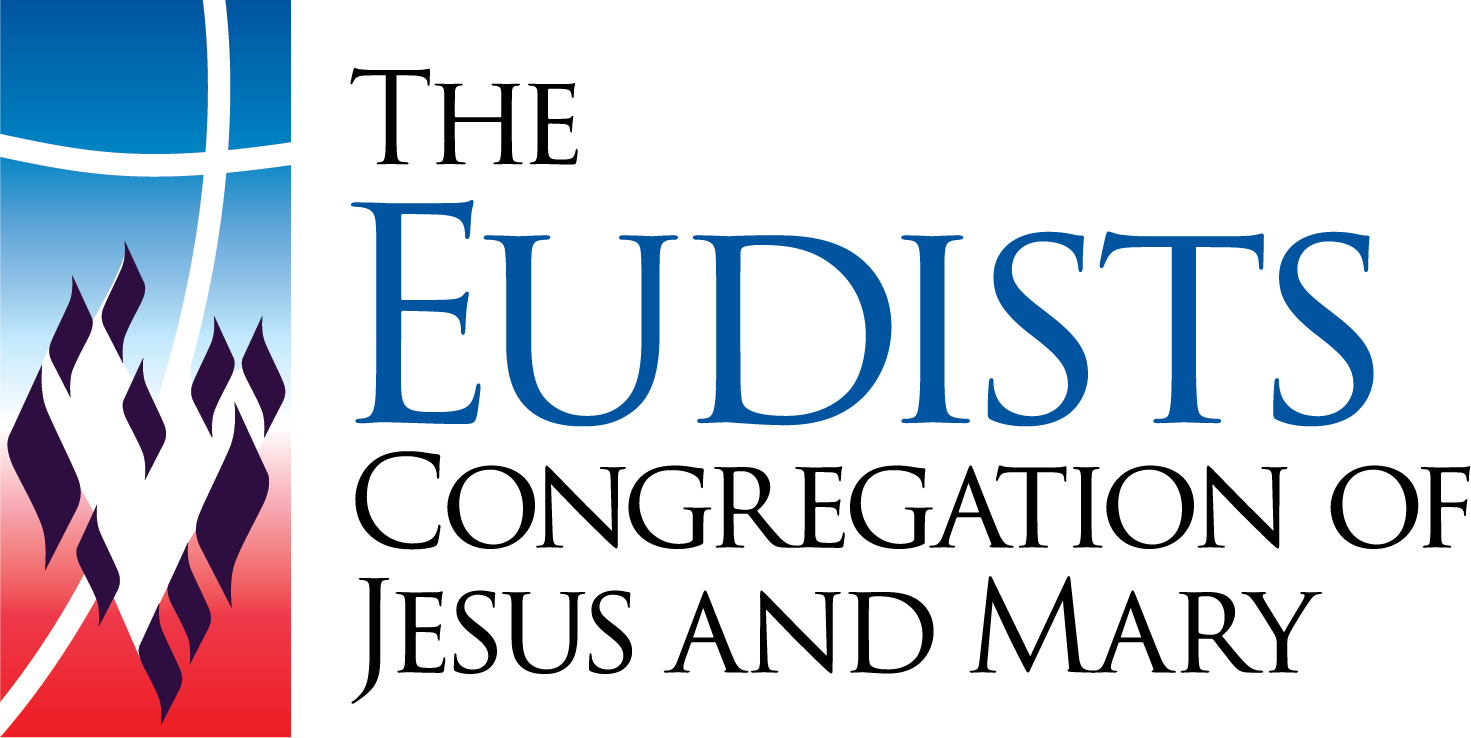A research paper on Marian consecration in St. JPII’s thought. Clear overlap is evident between what SJE was teaching from the beginning, and the direction the popes have been leading Sacred Heart/Immaculate Heart devotion over the past century.
A neat reference I ran across in the venerable 1920s manual for Spiritual Theology by Fr Adolphe Tanquerey (Sulpician): The Spiritual Life: A Treatise on Mystical and Ascetical Theology.
In the conclusion of his introduction, on pp.24-25 (so very early on in the book), he warns against the perils of dividing mystical theology too far from ascetical theology…
The most illustrious among the Fathers both Greek and Latin, to wit, St. Athanasius and St. Cyril, St. Augustine and St. Hilary have taken care to base their teachings regarding the spiritual life upon the truths of faith and to build on them the virtues, the nature and degrees of which they explained.
The same is true of the great theologians of the Middle Ages, Richard of St. Victor, Blessed Albert the Great, St. Thomas and St. Bonaventure.
This is exactly what was done by the French School of the XVII century, through such men as Berulle, Condren, Olier, St. J. Eudes.
Its great merit lies in the fact that it makes for the enlightenment of the mind and the strengthening of convictions so as to render more easy to men the practice of those austere virtues it proposes. It is accused at times of being given too much to speculation while touching little on practice. To unite these two plans would be the ideal. Several have attempted it and with success.
The paragraph ends with a footnote:
This has been very well done, among others, by St. Jean Eudes in his writings; by [Louis] Tronson in particular Examens, in which making use of the works of J.J. Olier, he has aptly condensed the asceticism of the latter.
So, in his description of the “ideal” approach to spiritual theology, he refers to SJE both among those who made efforts to reach it and among two who actually succeed.
Worth noting is the fact that the latter of his two success stories is in Sulpician spirituality (Olier’s), so by a member of the author’s “home team.” Thus, even the most cynical postmodern, one who might harbor a priori suspicions of an author for promoting the worldview which serves their own interests, would be inclined to think SJE is honored in this regard purely on his own merits.
Picking up immediately after the previous quote, SJE is described in further illustrious company:
Of those who strive to combine these two essential elements, some adopt the ‘ontological’ order treating successively of the various virtues; others follow the ‘psychological’ order of development of the said virtues throughout the course of the purgative, illuminative and unitive ways.
Among the former we find St. Thomas. In the Summa he treats successively of the theological and moral virtues, and of the gifts of the Holy Spirit which correspond to each virtue. He has been followed by the principal authors belonging to the French School of the XVII century and by other writers.
One of the Eudist priests here in the San Diego area is developing an exposition of SJE’s treatise on Christian virtues from The Kingdom of Jesus. It’ll be interesting to see how Fr. Tanquerey’s analysis fits with that of a Eudist expert.

